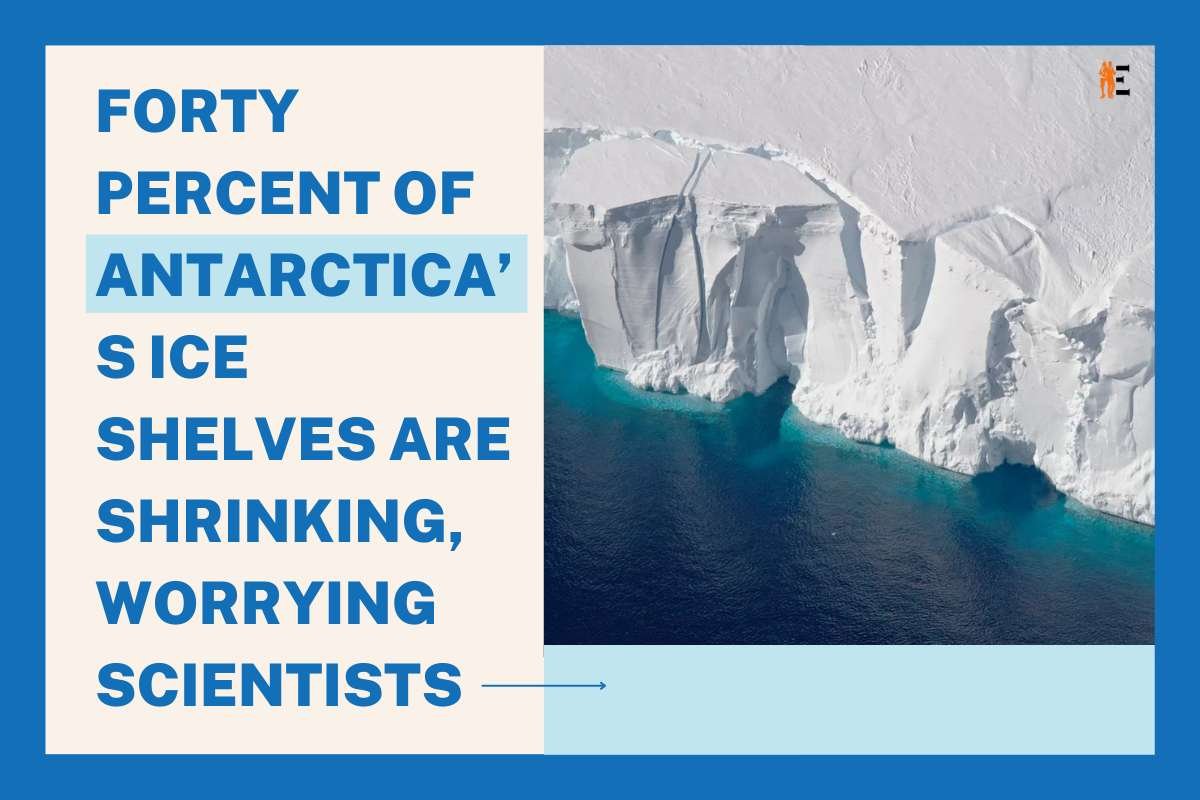With a focus on addressing climate change, the French firm Green Got is developing an alternative to your standard bank account. In essence, Green-Got provides an assurance that neither your savings nor the money in your bank account will be used to support fossil fuel projects or other damaging enterprises.
A fundraising round headed by Pale Blue Dot valued at $5.5 million (€5 million) was recently completed by the business. Nearly €2 million of this funding round’s total was contributed by the Green Got customer base. Through Crowdcube, Green Got managed its equity crowdsourcing campaign with about 1,300 investors.
All About the Green Got Initiatives
Green Got, a neobank, doesn’t wish to be distinctive in terms of its feature set. With the help of the Green Got mobile app, customers may quickly register an account. A current account with a French account number is opened for them. A debit card is delivered to them a short while afterward.
That card is compatible with Google Pay and Apple Pay. Additionally, the startup does not add a foreign transaction fee to the exchange rate charged by Mastercard. You instantly get a push notification on your phone each time you use your card to make a purchase.
In other words, Green-Got fulfills all the requirements for offering fundamental banking functionalities. Co-founder and CMO Maud Caillaux told me, “We’re giving the greatest features from Revolut and N26 that have won over many customers, but at the same time you have the best of impact financing.
The startup Green-Got stands out since it intends to concentrate on the environment industry in particular. Numerous studies conducted over the past few years have revealed that large retail banks finance invasive fossil fuel projects by investing in multinational energy corporations. And that’s just the tip of the iceberg; there are plenty more businesses that don’t necessarily operate in this sector but nonetheless generate large greenhouse gas emissions.
Customers can be certain that when they use Green-Got, their money won’t be used to support these kinds of businesses. Technically speaking, Green Got is not a bank; rather, it is a payment provider that collaborates with a bank (Crédit Mutuel Arkéa). Customers’ funds are not in any manner invested when they have funds in their accounts. It simply waits till the subsequent cash withdrawal.
The Distinctive Features of the Firm
To help you understand your individual environmental effect, Green Got’s consumer-facing features reveal the carbon dioxide equivalent (CO2e) of your card purchases. For instance, if you spent €500 on Air France’s website as opposed to €500 at a store that sells used bikes, you most likely made a transaction that had a significant influence on the environment.
Subscription-based revenue is how the firm is funded. Each month, an account costs €6. Due to the company’s emphasis on sustainable expansion rather than growth at all costs, there is no free tier. Currently, there are 13,000 paying customers.
If you are familiar with neobanks, you might be aware that interchange fees are another source of income for fintech businesses. The bank of the business, the network provider (in this case, MasterCard), and the customer’s financial institution (Green Got) all share the fees associated with processing card payments.
Greener Than Just Environment- Green Got’s Charity Initiatives
Green-Got does not want to make money off of these charges. Because of this, the business has chosen a handful of charities with the help of its patrons so that Green Got can make gifts based on those interchange fees. Caillaux stated that it “represents hundreds of thousands of euros.” The startup will soon make roundup payments for donations available as well.
Green-Got intends to introduce savings accounts in the future in the form of assurance-vie contracts. Because certifications are insufficient when it comes to funding, the company carefully considers and selects each financial product that will be included in the basket of investments.
Contract management will be handled by Generali on behalf of Green-Got. According to Caillaux, “It’s as if we have the cake recipe and they have the bakeries to manufacture the cakes.
Since neobanks have been in existence for some time, many people are now familiar with the idea. A few years ago, many businesspeople aspired to launch a “neobank for x,” but that fad has since passed. Although Green Got enters the market a little later, it may be able to avoid all the difficulties associated with operating a neobank.
Green-Got competes against traditional retail banks like the Crédit Coopératif and La Nef as well as challenger banks that are more generalist in their approach to addressing climate change. It will be interesting to see how popular Green Got develops over the next few years.











